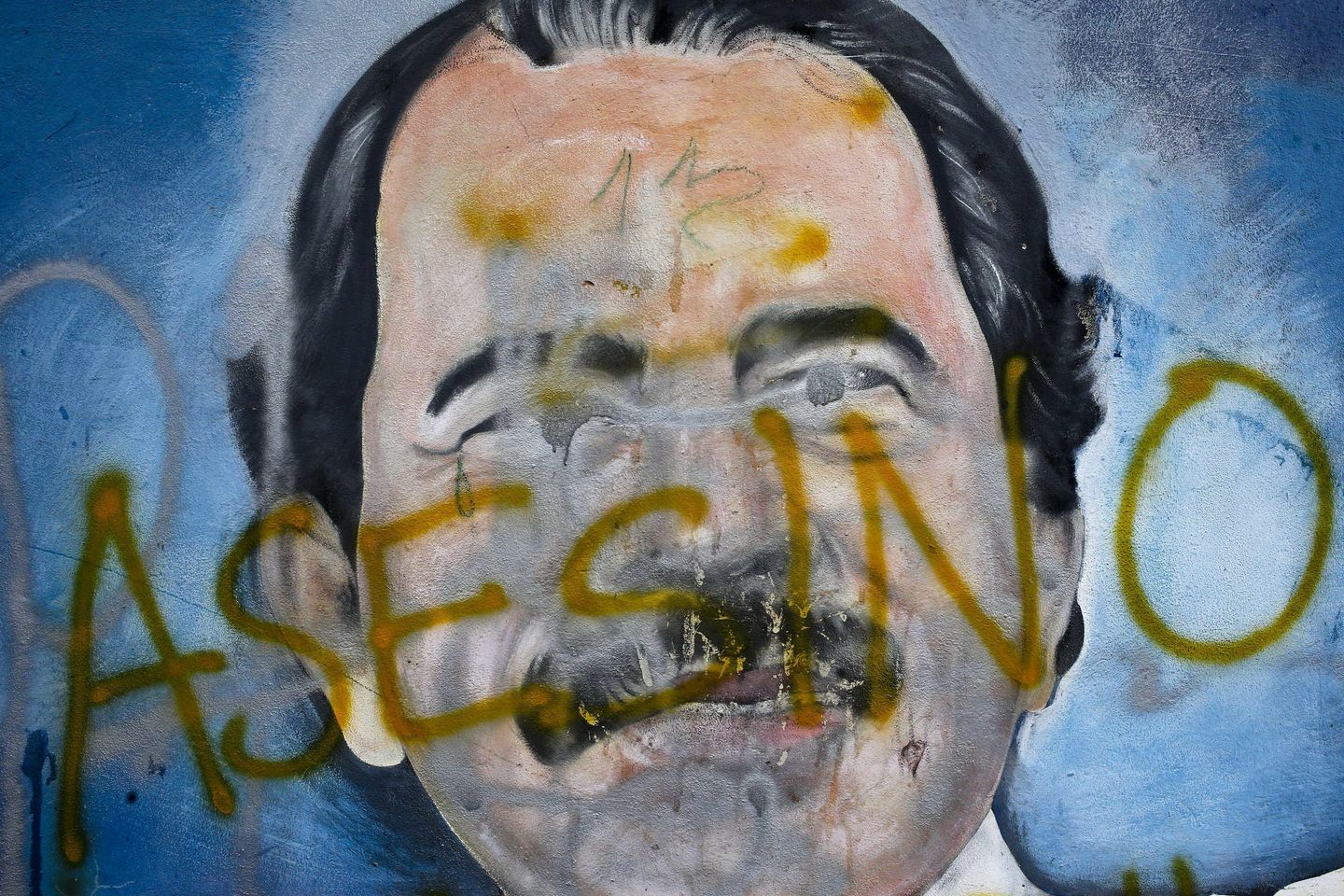[ad_1]

A leading congressional voice on human rights says he hopes a hearing highlighting the persecution of dissidents and Roman Catholic leaders by the regime of Nicaraguan President Daniel Ortega will lead to new, tougher moves by the Biden administration and Congress against the longtime leftist leader.
Rep. Christopher H. Smith, New Jersey Republican, said in an interview that the joint session of the House Foreign Affairs subcommittee on global human rights, which he chairs, and the panel’s Western Hemisphere subcommittee, chaired by Florida Republican Rep. Maria Elvira Salazar, is intended to focus new attention on what he said were the regime’s growing human rights abuses and its crackdown on the growing opposition to Mr. Ortega’s long rule.
Long an outspoken advocate of human rights, Mr. Smith told The Washington Times in a Tuesday interview ahead of the hearing that the regime’s recent actions — including the expulsion of 222 dissidents who were stripped of their citizenship and the jailing of a prominent Catholic bishop who criticized the government — suggest even more extreme behavior than Mr. Ortega has exhibited in the past.
“There’s a manifestation of dictatorship that is reminiscent of what [Chinese President] Xi Jinping is doing, especially to the Uyghurs, and others throughout the world, whether it be North Korea, Iran or Russia,” Mr. Smith said.
The congressman, who said he first met Mr. Ortega in 1984 during the latter’s first stint running the Central American nation, said the president’s “complete commitment to dictatorship” is behind the attacks on political opponents and Catholic Church officials. Catholicism is the country’s majority religion.
Mr. Smith and other regime critics are pressing for tougher U.S. executive branch and congressional pressure on Managua. Among possible moves would be a push to eject Nicaragua from the Central America Free Trade Agreement and legislation restricting the Ortega regime’s interactions with the U.S. even further.
The State Department’s most recent annual survey of global human rights, released this week, again singled out Nicaragua for harsh criticism, citing what U.S. officials say were credible reports of killings, arrests and torture by the regime, as well as inhumane conditions in the country’s prisons. Human rights groups say the situation has deteriorated badly after the government suppressed widespread public protests in 2018 that Mr. Ortega denounced as an attempted coup.
In early February, the regime expelled the large group of dissidents and sent them to the United States, stripping them of their citizenship. Some, including Catholic Bishop Rolando Alvarez, refused exile and were jailed while also losing their citizenship.
After Pope Francis denounced the moves against Catholic Church members as the actions of a “dictatorship” and said Mr. Ortega was “unstable,” the regime announced it was “suspending” diplomatic relations with the Vatican.
In prepared remarks for Wednesday’s hearings, Mr. Smith accused the Ortega government of “waging a war against religious freedom, and he is targeting the Catholic Church as the single most important independent institution remaining in Nicaragua.”
“The regime has closed Catholic radio stations and universities, obstructed access to places of worship, and even banned public Way of the Cross processions this year,” the statement said. “Bishops and priests, as well as worshipers, have been harassed and detained, and Mother Teresa’s order of nuns has been expelled. Political prisoners’ requests for Bibles have been cruelly denied.”
Mr. Smith said the hearing would highlight the case of Catholic Bishop Rolando Alvarez, who was sentenced to 26 years in prison on Feb. 10.
“What we’re doing is calling for his release, [and] calling for any of us … to go and visit him in prison, but that’s probably not going to happen,” Mr. Smith said in a telephone interview.
If a visit is blocked, he said, it would be good “if the International Committee of the Red Cross could get in and ascertain how well or poorly — and it’s probably the latter — [the bishop] and the others are being treated.”
In another move widely condemned by rights groups, the Ortega regime jailed five potential presidential rivals during the 2021 elections, including attorney Felix Maradiaga and Juan Sebastian Chamorro, a businessman and politician. The two dissidents, among those expelled last month, are slated to testify at Wednesday’s House hearing.
Despite their expulsion, Mr. Smith called the two men “the leaders of tomorrow” for Nicaragua, adding, “They have inspired and will continue to inspire a whole generation of people.”
Also set to testify are Bianca Jagger, a Nicaraguan native who founded and heads the Bianca Jagger Human Rights Foundation, and Deborah Ullmer, Latin American and Caribbean programs director for the National Democratic Institute.
Mr. Smith argued that moves like the arrest of Bishop Alvarez and mass deportation of opponents were a sign not of strength but of weakness for Mr. Ortega, 77, a onetime leftist Sandinista rebel who has held the presidency since 2007.
Mr. Ortega “may have the guns and the bully boys and the secret police to do his bidding, but in the end, all dictatorships eventually meet their demise,” Mr. Smith said.
[ad_2]
Source link
